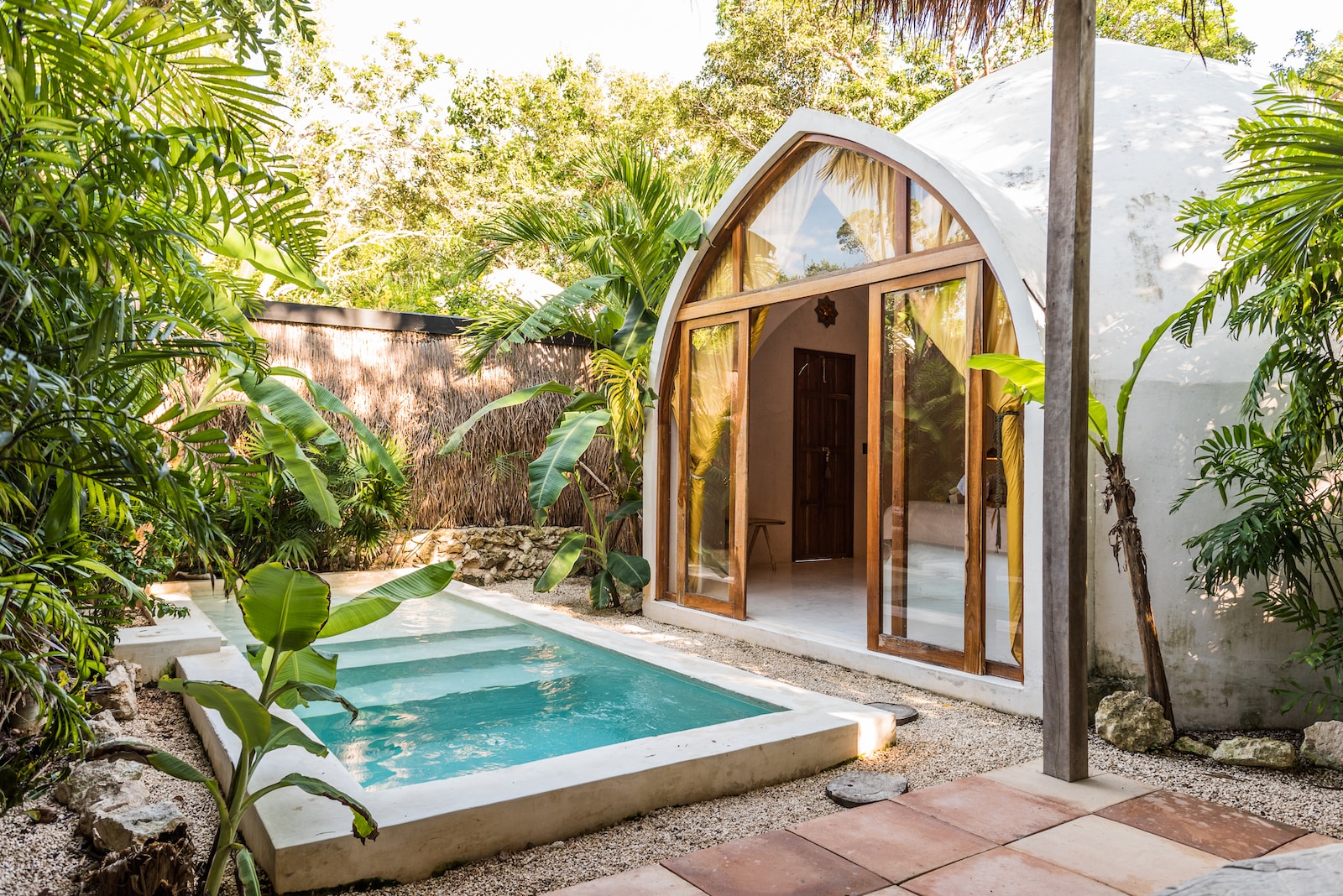Share this article with your network of friends!
Downsizing housing is a significant decision that many seniors face as they transition into a new phase of life. Whether due to the inability to properly care for a larger home, the loss of a spouse, or becoming empty nesters, downsizing offers numerous benefits, including a more manageable lifestyle, reduced maintenance, and financial savings. In this article, we will explore the reasons to consider downsizing, practical tips for a successful transition, and the emotional aspects of letting go of a beloved home.
1. Assessing Your Needs and Priorities:
Start by assessing your current needs and priorities. Evaluate the space in your home and consider whether it aligns with your lifestyle and physical capabilities. Determine if you have unused rooms or areas that are no longer essential. Reflect on your future plans and consider the benefits of downsizing, such as reducing maintenance responsibilities and increasing financial flexibility.
2. Financial Considerations:
Downsizing can bring financial advantages. A smaller home typically means lower mortgage or rental costs, reduced property taxes, and decreased utility expenses. Assess your financial situation and consult with a financial advisor to understand the potential financial benefits of downsizing. Consider the impact on your retirement savings and how downsizing can provide additional funds for your future needs.
3. Simplifying Your Lifestyle:
Downsizing presents an opportunity to simplify your lifestyle and focus on what truly matters to you. A smaller home requires less time and effort for cleaning and maintenance, freeing up your energy for activities you enjoy. Embrace the chance to declutter and streamline your belongings, keeping only those items that hold meaning and bring you joy.
4. Identifying the Right Home:
When searching for a new home, consider your specific needs and preferences. Look for a location that suits your lifestyle, whether it’s a smaller house, condominium, apartment, or senior living community. Evaluate the accessibility of amenities and services that are important to you, such as proximity to medical facilities, public transportation, and social activities.
5. Planning for the Transition:
Planning is crucial to ensure a smooth transition. Take inventory of your belongings and decide what to keep, donate, sell, or pass on to family and friends. Develop a timeline for packing and moving, considering any necessary renovations or repairs before putting your current home on the market. Seek assistance from professional movers or organizing services to alleviate the physical demands of the process.
6. Emotional Considerations:
Letting go of a beloved home can evoke a range of emotions, including nostalgia, sadness, and anxiety. Acknowledge these feelings and take time to reminisce about the memories associated with your current home. Create a memory box or scrapbook to preserve photographs and mementos that hold sentimental value. Focus on the positive aspects of downsizing, such as the opportunities for new experiences and the freedom from the burdens of a larger home.
7. Preserving Your Legacy:
As you downsize, consider how to preserve your legacy and the stories associated with your current home. Document the memories, take photographs, and share stories with your loved ones. Consider creating a visual or written representation of your old home and its history, ensuring that its significance is remembered for future generations.
8. Embracing a New Chapter:
View downsizing as an opportunity to embrace a new chapter in your life. Explore the advantages of a smaller, more manageable home that allows you to focus on activities, hobbies, and connections that bring you joy. Engage in your community, join clubs or organizations, and build new friendships with like-minded individuals who share your interests.
9. Seeking Support:
Navigating the downsizing process can be overwhelming, both practically and emotionally. Seek support from friends, family, or professionals who can provide guidance and assistance. Consider joining support groups or engaging with senior-focused organizations that specialize in helping seniors through the downsizing process.
10. Enjoying the Benefits:
As you settle into your new home, embrace the benefits of downsizing. Enjoy the freedom, simplicity, and reduced stress that comes with a smaller living space. Focus on creating a welcoming and comfortable environment that reflects your new lifestyle and allows you to fully embrace this exciting chapter of your life.
Downsizing housing as a senior is a significant decision that can bring numerous benefits, including a more manageable lifestyle, financial savings, and an opportunity for personal growth. By assessing your needs, considering financial implications, simplifying your lifestyle, identifying the right home, planning the transition, addressing emotional considerations, preserving your legacy, seeking support, and embracing a new chapter, you can navigate the downsizing process with confidence. Embrace the possibilities that downsizing offers and create a living space that reflects your current needs, preferences, and aspirations.
DISCLAIMER: This website contains articles for informational and entertainment purposes only. No articles on this website should be considered as professional advice for any medical, legal, or financial matter. Advertisements and content may contain affiliate links, where the website earns a commission for sales derived from our users.





